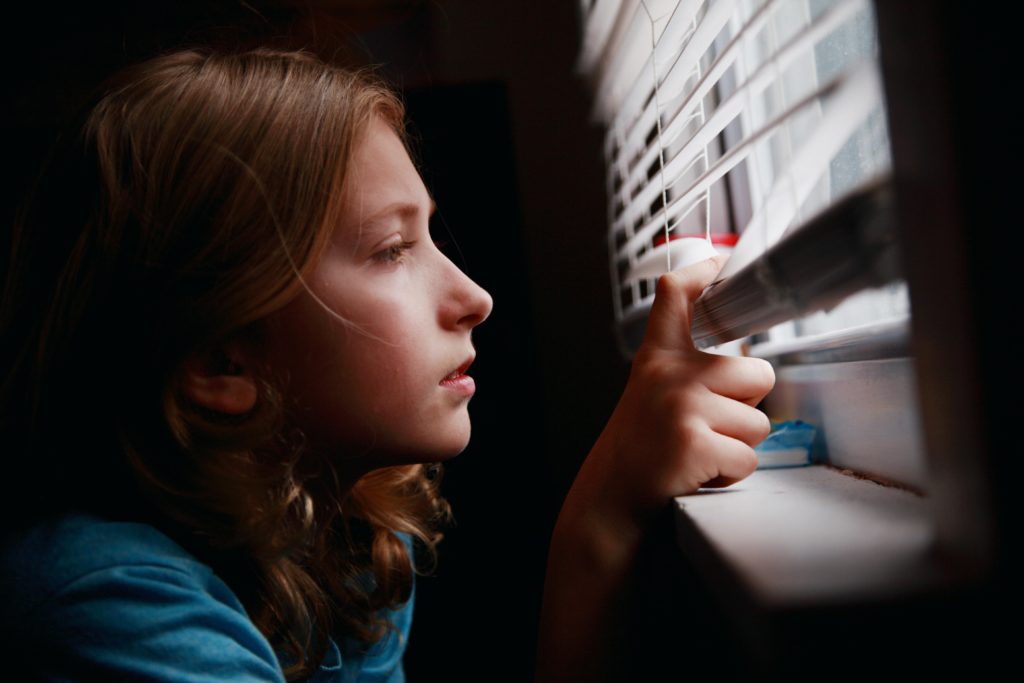The coronavirus outbreak has resulted in many gendered consequences for women and girls globally, and not so unexpectedly for women’s rights activists. In turn, as a “crisis of care”, this pandemic could give us a chance to make our feminist vision a reality.
What are the gendered dimensions of the coronavirus and how women are specifically affected by it?
Since the Lancet published the first gender analysis on the coronavirus outbreak over a month ago, more and more articles and institutional statements have come out to shed light on the impact of the COVID-19 pandemic on women’s rights and gender equality.
While available information indicates that men seem to be more likely to die from COVID-19 – early on we are seeing the signs of how the pandemic is affecting and will affect women and girls in different ways to men beyond the disease itself. These differences are due to unequal gender norms, roles, and relations that put women and girls at a disadvantaged position in society, and any gendered impact will intersect with impacts as a result of age, disability, class and race. Here are some examples:
For many women and girls across the globe, home is not a safe place. Since the confinement started, the restrictions on movement have offered abusers additional power and control. In China, Italy and Spain there are reports of increased intimate partner violence as women in violent relations are exposed to their abuser for longer periods. Under constant vigilance, many women are unable to call helplines and, under these circumstances, some are using their trips to the pharmacy to seek help. The lockdown has also put women and girls at an increased risk of sexual violence, as it usually occurs in the home and by someone known by the victim. Besides, some women’s shelters are reportedly closing because of the risk of and inability to manage an infection, leaving many women and girls with no place to go.
Due to the gendered division of labour in care and the workforce, women perform the majority of unpaid and (under)paid care work. This crisis is exacerbating the so-called women’s “second shift”. In many heterosexual couples, even when both parents have the privilege of working from home, with schools closed, women are expected to take over homeschooling for their children while keeping up with their work. Older sisters may also be expected to take care of their siblings, cook and clean at the expense of their study or free time. In addition, women will be more likely to take on tasks such as going out to the supermarket, or to bringing food and medicines to their elder relatives. The mandate of confinement and social isolation is simply not an option for those with caring responsibilities.
Women are also overrepresented in those professions at the forefront of this crisis, including low-valued and low-paid jobs as cleaners, supermarket workers, and of course, in the health workforce. 70% of the health and social sector workforce globally are women. In Spain, 82% of nurses are women. These women-dominated professions are providing essential services during this pandemic while exposing women to the COVID-19 daily.
For those living day by day, there is no other option, even if that means putting themselves at risk on their way to work or being “trapped” at their employer’s due to the lockdown.
The truth is that women are overrepresented in precarious and insecure work, including involuntary part-time work. This results in huge inequalities in terms of access to health insurance, unemployment benefits and other social protection. It seems like nothing has changed since the 2008 economic crisis, when women were the first ones to be laid off and forced to take over even more unpaid care work due to cuts in public services. In 2020, women continue to be more likely to lose their jobs, more likely to have fewer savings (due to the gender pay gap) and more likely to end up in a vulnerable situation because they don’t qualify for unemployment benefits. In the UK, there are already reports of pregnant women being fired from their jobs, and in Spain, Inditex (the parent company of Zara) is planning to ”temporarily” fire all their store staff – around 25.000 people, the majority of them women.
For migrant and racialised women who are already experiencing multiple discrimination in our society, the pandemic could prompt violent (and sexualised) attacks due to ill-founded racist and xenophobic beliefs about migrant people importing the virus or certain ethnicities being more likely to carry it. Many domestic workers, who most of them are migrant women, are forced to continue working. For those living day by day, there is no other option, even if that means putting themselves at risk on their way to work or being “trapped” at their employer’s due to the lockdown.
The consequences are even worse for women and girls in less developed countries, those in the middle of a humanitarian crisis or living in displacement sites. For example, in those communities where the education of girls is not valued, school closures due to the pandemic will exacerbate girls’ school dropouts, putting them at higher risk of sexual violence, early pregnancies and child marriage.
…a gender-blind response to this crisis will simply fail – it will not only be ineffective by failing to consider the needs of more than half of the population (women and girls), but it will also reproduce, perpetuate and exacerbate existing inequalities.
As seen in other health crisis, the emergency response of COVID-19 outbreak could mean that resources for sexual and reproductive health services may be diverted to deal with the outbreak, contributing to an increased unmet need for contraception and increased number of unsafe abortions and sexually transmitted infections. For example, some reports are already warning about a global condom shortage, which could have a devastating impact on women’s bodily autonomy in countries where women’s sexual and reproductive health and rights (SRHR) are undermined. Even in the U.S., Texas lawmakers are using the pandemic as an excuse to dismantle women’s rights by introducing restrictions to access abortions and cutting funding for providers.
It is no surprise that many politicians would consider that abortions are not “essential health care” in a pandemic when we see on the news that women are excluded from government task forces set up to deal with this crisis. Women are systematically underrepresented in decision-making spaces, in politics and security forces. Once again women are absent from those positions of power where decisions are being made and the responses to the pandemic are being shaped. If women are excluded from those positions leading the response to the coronavirus, how can we make sure that the voices and the needs of women and girls are included and reflected in the decision making process about this global public health crisis?
In Young Feminist Europe, we want our governments and the EU to ensure that the voices and needs of women and girls are systematically included in the responses to the crisis, to ensure that gender inequalities are not reproduced and perpetuated. We call for increased attention to guarantee the continuity in service provision, support and protection to women and girls at risk of violence, as well as women’s sexual and reproductive health and rights during the outbreak (because we know from experience that these are severely impacted during pandemics). We also need sex- and age-disaggregated data (and any other intersectional information) to fully understand how diverse groups of women and girls, men and boys are affected by the virus and inform present and future responses to the pandemic, not only from a public health point of view, but also a socio-economic one.
This pandemic, as a time of disruption, can also be a chance for change for the better and make our feminist vision a reality.
The coronavirus pandemic has laid bare the gender inequalities that persist in our society. In the long term, this crisis is showing us that we need to do things differently. It is a wake-up call about the urgency of moving towards a socio-economic model that recognises women’s and girls’ invaluable contributions to society and places care at its centre. Rightly enough voices from the feminist movement have come forward to say that what we are going through is as much as a pandemic, as a “crisis of care” due to our states inability to understand how structurally essential care is in our societies.
We need to move towards a system based on shared values of care and respect for one another. Instead of increased profit for a few at the top, we need common wellbeing. A system like this won’t consider that women’s rights are disposable as soon as a crisis arises.
We need feminist leadership to disrupt and transform the unequal power dynamics that this pandemic has made evident. At Young Feminist Europe we are already imagining and co-creating an inclusive culture of mutual care, where we are compassionate and take responsibility for the wellbeing of our sisters and the team, and now more than ever we will continue working to make our feminist vision a reality.








Average Rating